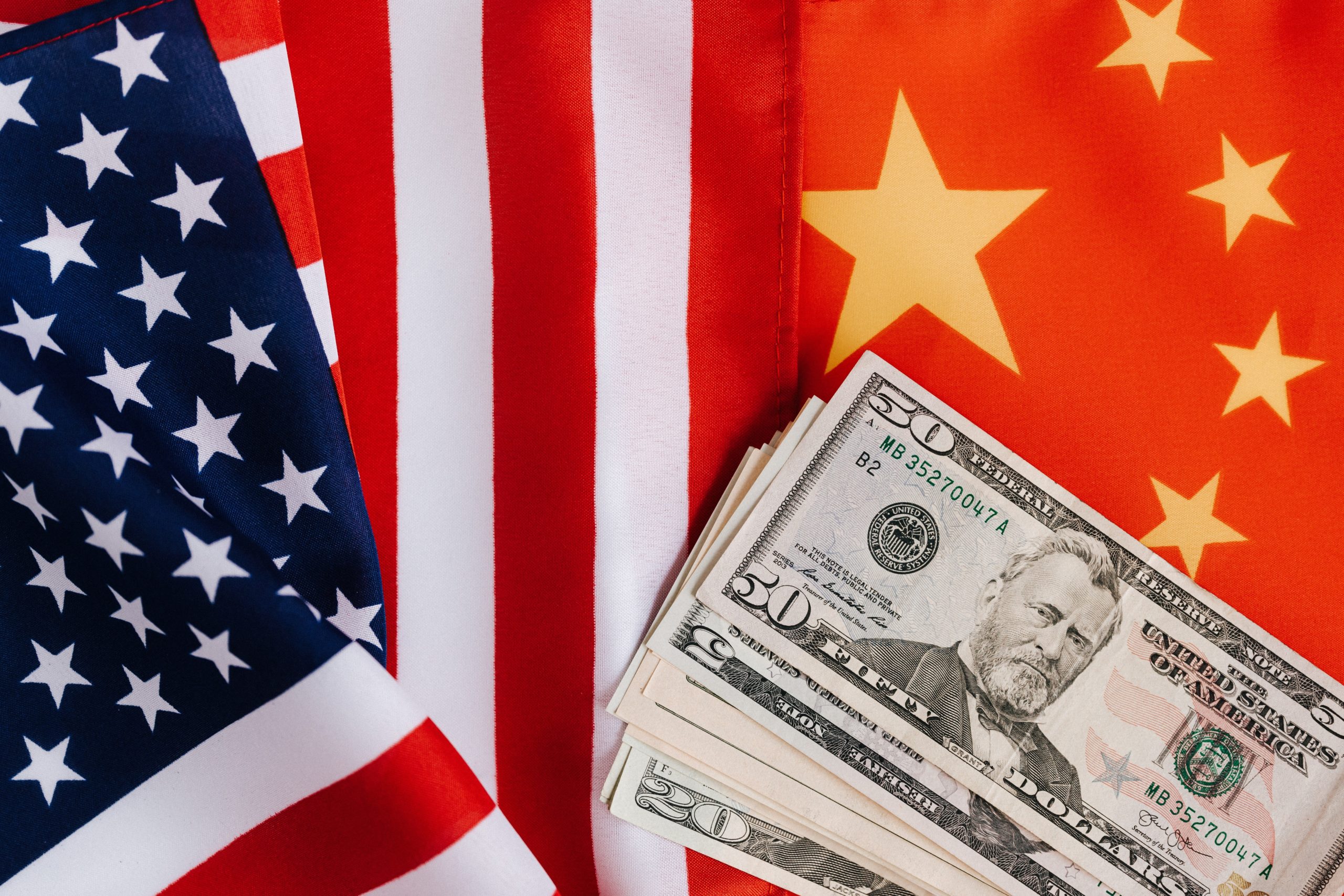Scholars have been discussing about China’s revisionist stance in recent years. Reading some of the debates, I would like to introduce three publications that I think can enlighten the debate.
(Article) China: Revolutionary or Revisionist?
In Rana Mitter’s article, he explores China’s global role and the ongoing debate about its revolutionary or revisionist stance. Despite the catchphrase in the title, Mitter actually argues against simplifying China’s stance as purely ‘revolutionary’ or ‘revisionist’. Instead, China seeks to redefine and inhabit contemporary structures to better align with its interests. It does not seek to overturn it.
The article scrutinises China’s historical narrative, emphasising its evolving role since 1945 and efforts to claim ownership of the current global political framework. Unlike Russia, China is a vital player in the global economy. It aims to cautiously preserve or adapt existing international structures. Since the rise of China, the country seeks to define itself as both a status quo power and a revisionist one in international order. Today, by reinterpreting the international order since 1945, China is able to claim it a co-creator of the modern global order. One prominent example is the meaning of human rights.
Overall, Mitter contends that China’s position in the global order is shaped by material factors. It prioritises economic growth and national sovereignty over individual rights. However, such approach encounters some challenges. For example, China’s struggle in balancing sovereignty defence with maintaining a strategic relationship with Russia, especially amid the Ukraine conflict.
To be clear, Mitter does not think this is a problem of inconsistency, but the issue that Beijing has less credit with the international community as a whole. This explains why China aims to preserve aspects of the existing order while reshaping norms to suit its economic, security, and political preferences.
(Article) China in a World of Orders: Rethinking Compliance and Challenge in Beijing’s International Relations
Alastair Iain Johnston is one of the key authors of China being a revisionist/reformist debate. His article in 2019 explores how revisionist Chinese foreign policy has become.
To begin, Johnston asks a simple question, how should ‘international order’ be defined? He believes this question is important to measure compliance of the international order. Unfortunately, existing scholarship does not have a consensus on this. Therefore, it is too arbitrary accuse a country of being a revisionist, when the understanding of international order is so fluid.
Johnston then conducts China’s characterisation in the existing order. This includes cooperation with the hegemon (i.e. the US), voting behaviours in the UN, and support of international institutions. Indeed, these measures may not fully capture China’s intricate relationship with international order. As he suggests, they do not support the current narrative about China’s rising threat to the rules-based order.
Alternatively, Johnston examines China’s interactions among state and nonstate actors in different domains. He explores China’s influence in multiple orders in different domains, such as military, human rights, trade, the environment, and information. Johnston concludes that China’s challenge to order is less deep and/or wide than the current narrative suggests. Instead, China interacts differently with different orders. It is being supportive of some, unsupportive of others, and partially supportive of still others. The picture is far more complicated.
Although the article was published before COVID, I would say Johnston’s work is still applicable in today’s context. Aligning with his previous work, Johnston continues to challenge the oversimplified narrative of China as a revisionist state. He advocates for a nuanced analysis of its multifaceted approach to international orders.
(Book) Contesting Revisionism: China, the United States, and the Transformation of International Order
This book, as the title speaks of itself, is about challenging the concept of revisionism. The book is written in the context of China’s ascension and its impact on the global order. It argues against the conventional association of revisionism with the rise of a new power. Instead, it suggests a more nuanced perspective based on US-China relations.
At first, the authors argue that the revisionism in international relations needs to be reconsidered. Not only rising powers, but also existing great powers can be revisionist actors in international politics. Additionally, revisionism does not necessarily equate to a state’s willingness to overthrow or seriously destabilise the international order. In fact, revisionism should be a changing variable rather than a constant.
This challenges the prevalent characterisation of China as a radical revisionist force. In the following chapters, the book examines great powers’ attitude towards norms and institutions. The authors present tables and graphics comparing US and China’s engagement with international institutions. They argue that China is leaning towards a status quo agenda. Rather, based on the definition of revisionism, the US should be identified as a revisionist power. In the concluding chapter, authors provide some ideas fto avoid scenarios of potential hostilities in the Indo-Pacific or a new Cold War driven by trade policies.
In summary, this book contributes significantly to the international relations landscape. It advocates for a nuanced understanding of revisionism. Most people might feel being challenged after the book. Still, I believe it is a timely publication that helps us to rethink the ongoing US-China rivalry.

